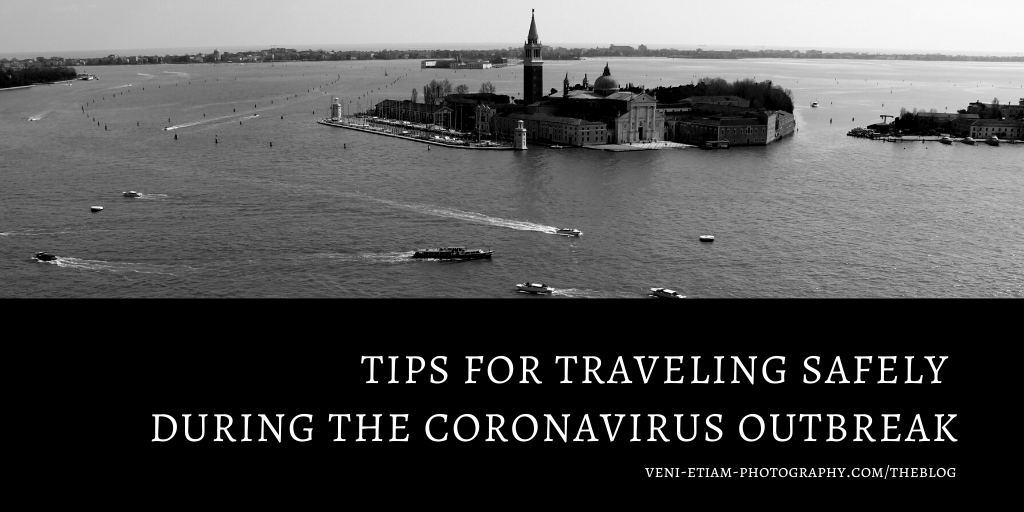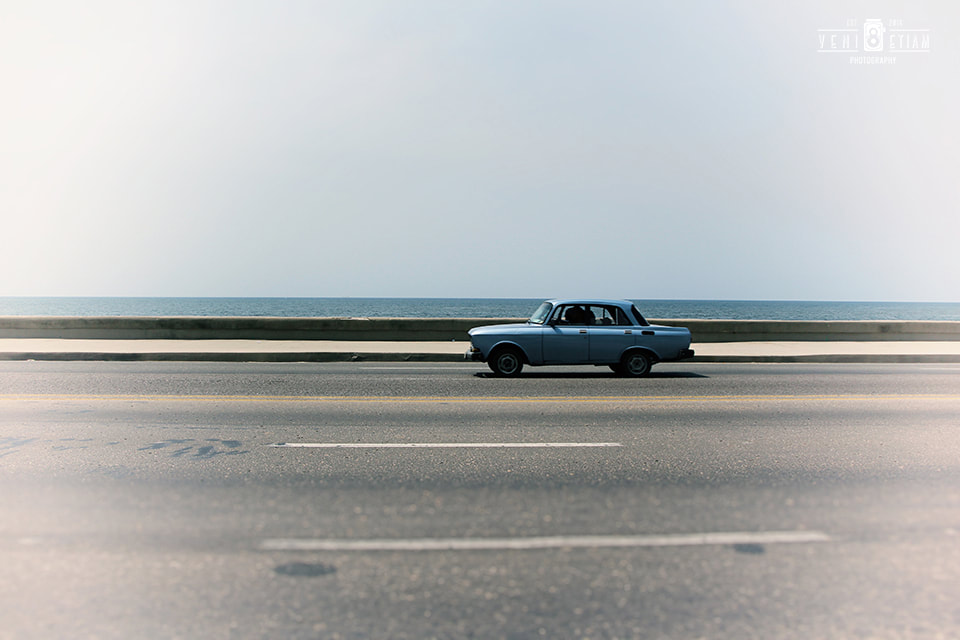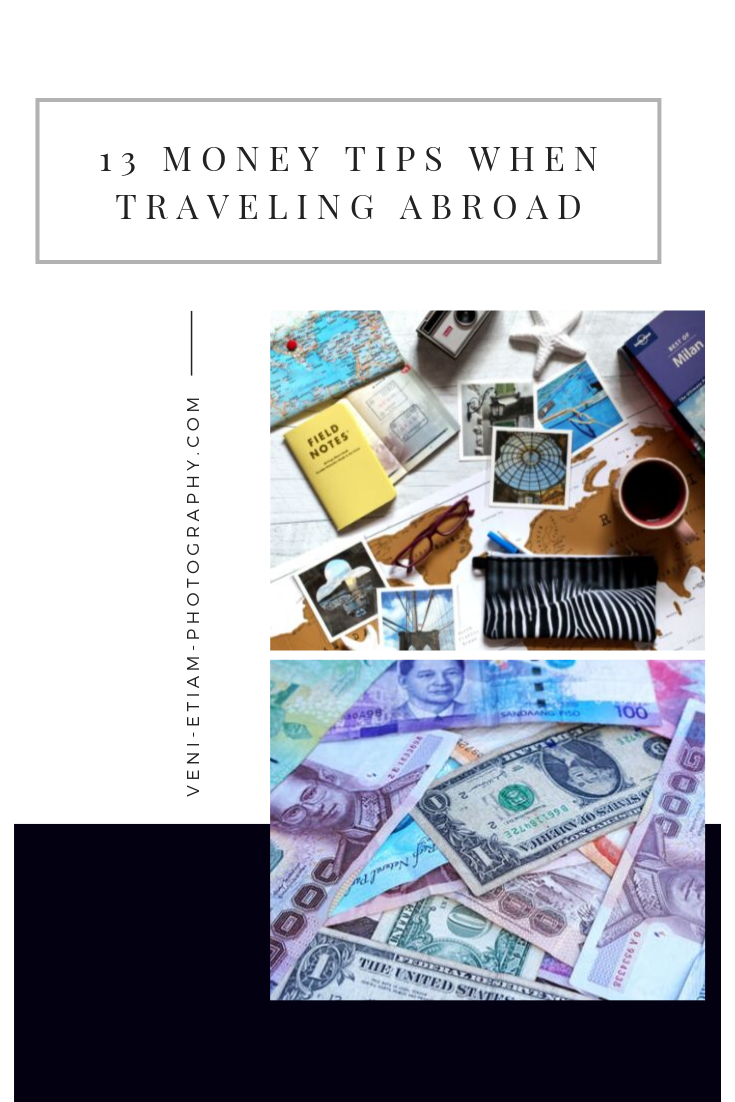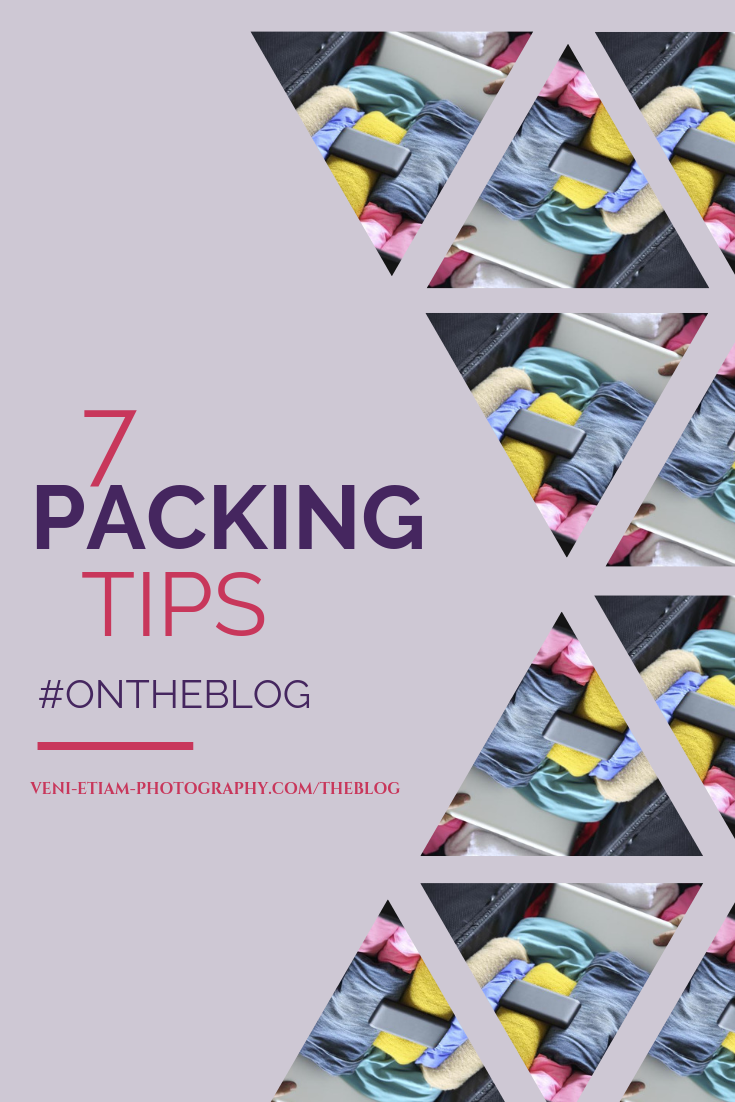But, as spring break and Easter break are around the corner, many of my friends, colleagues and acquaintances are opting to travel, some of them to quite high-risk destinations in Europe or Asia.
Although our risk tolerance and personal opinions regarding the severity of this virus undoubtedly differ (ranging anywhere from being super anxious vs. rather blazé), a heightened level of precaution could only help us, and those around us.
Here are 6 tips on how to be cautious and vigilant while you travel during the global health crisis of COVID-19.
1. Pay more attention to hygiene than usual
Whenever possible, cough or sneeze into a tissue that you promptly discard, not just your elbow, and certainly never your hand! If you don't have a tissue on you, cough into your elbow (i.e. your arm bent across your mouth) but wash your clothes and jackets regularly. The reason for this is that viruses (the coronavirus in particular) has been shown to survive on fabrics and surfaces, for up to a week.
Make a conscious effort to avoid touching your face (eyes and mouth). Doctors estimate that we touch our eyes or mouth up to 90 times a day, without even noticing! If you need to put hot pepper oil on your fingertips so it burns you each time, then do it. It'll make you more aware of it, until you break this bad habit.
When you're in public places, avoid leaning on service counters, touching doorknobs or polls, or any other surfaces in high-traffic areas. Use a disinfectant containing at least 60% alcohol and wash your hands with disinfectant soap for over 20 seconds. Use wet-wipes on grocery carts or anything else you're required to hold for a long period of time. If stores are sold out of disinfectant lotion or wipes, you can make some yourself at home.
Try zinc lozenges to protect your throat and nasopharynx; it has been discussed that these lozenges are effective in limiting a virus from multiplying in your throat and shortening the length of common colds.
Whenever possible, push buttons with your knuckle or fist instead of your finger.
And, my favorite: Do not put travel tickets or pens in your mouth, even if your hands are busy!
2. Avoid handshaking or kissing hello, even if it makes you feel guilty
If you're surrounded by people who are not following Tip # 1 above, then feel free to change seats or keep a minimum of 3 feet distance from them.
3. Stay informed about travel advisories
It's a good idea to stay up to date with your airline or travel provider's (e.g., cruise) advisories as well.
4. Have the appropriate travel insurance
That said, if the coronavirus becomes a more widespread issue, leads to new travel advisories or leads the travel company to cancel their flights / cruises, then you can file a claim for any non-refunded portion of your travel expenses, if you have the right cancellation insurance policy.
Note that it is your responsibility to first check with your airline / cruise line to see if they are offering rebooking options or credit vouchers for future travel. Some have become more flexible in their cancellation policies in light of this health emergency. If you receive a credit for future travel, you cannot claim that amount from your cancellation insurance.
If the airline cancels your flight while you are already abroad, trip interruption insurance is what you will need to have.
Always be sure to read the fine print and ask lots of questions. Not all insurances are created equal, and you want to protect your investment.
5. Have a plan for your home in case of quarantine
6. Do not board any transport if you have symptoms
It's one thing to accept your own personal level of risk - that is your own choice - but you should not put other lives at risk.

















 RSS Feed
RSS Feed